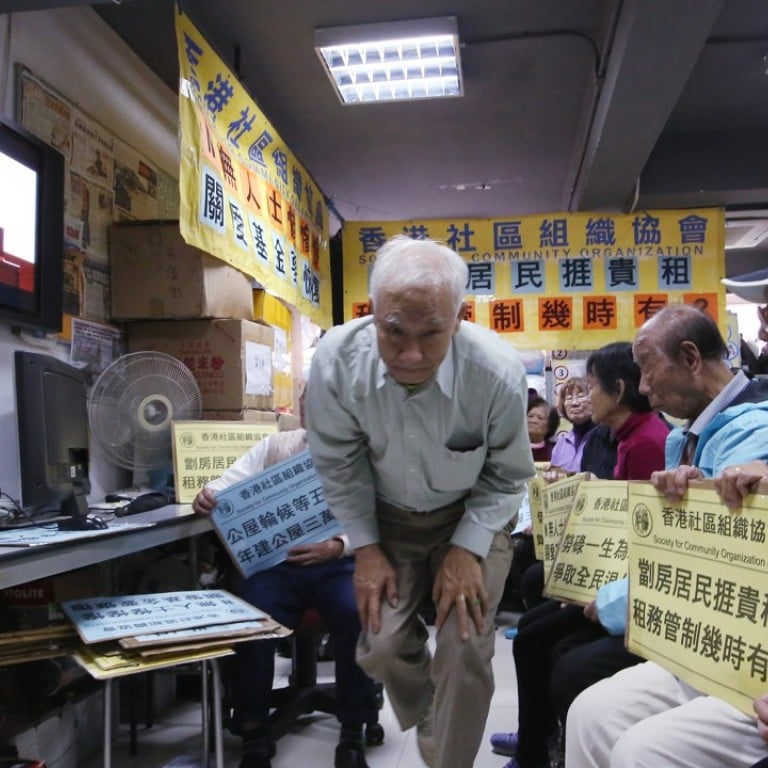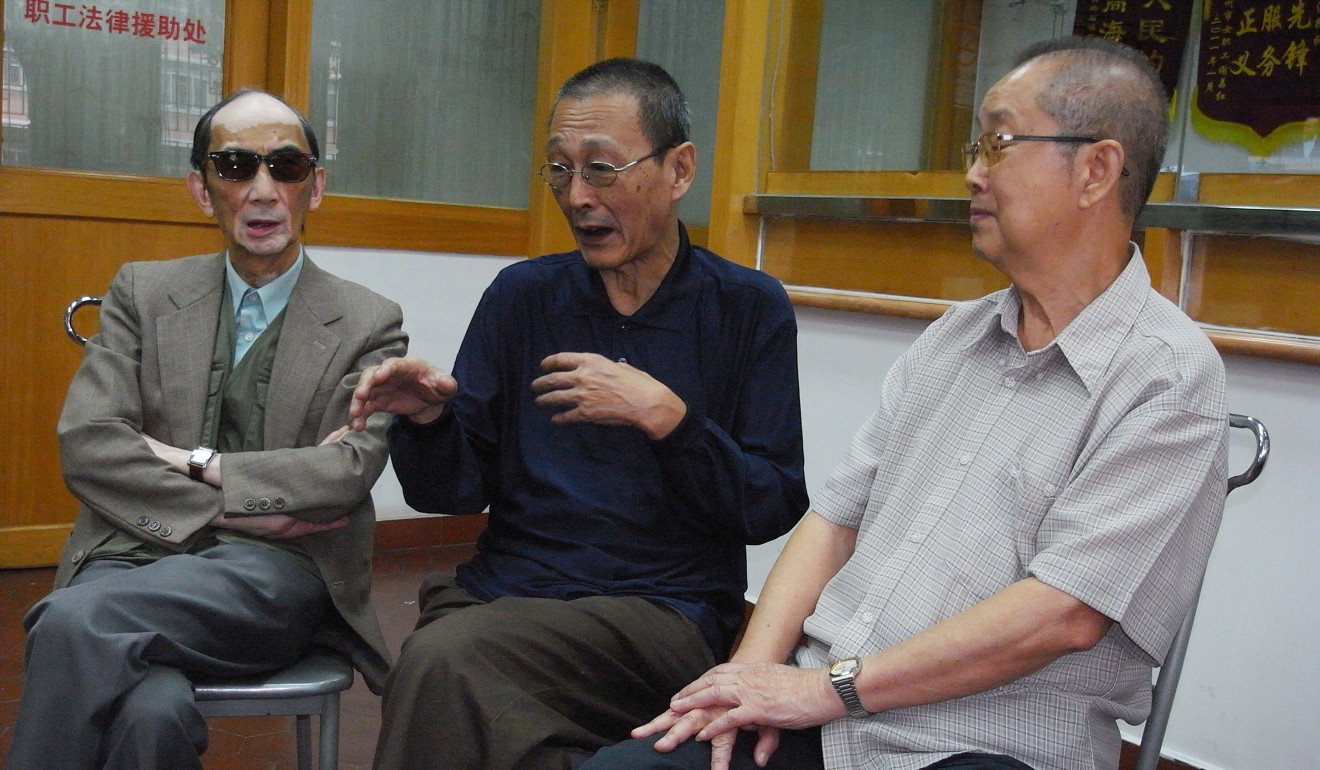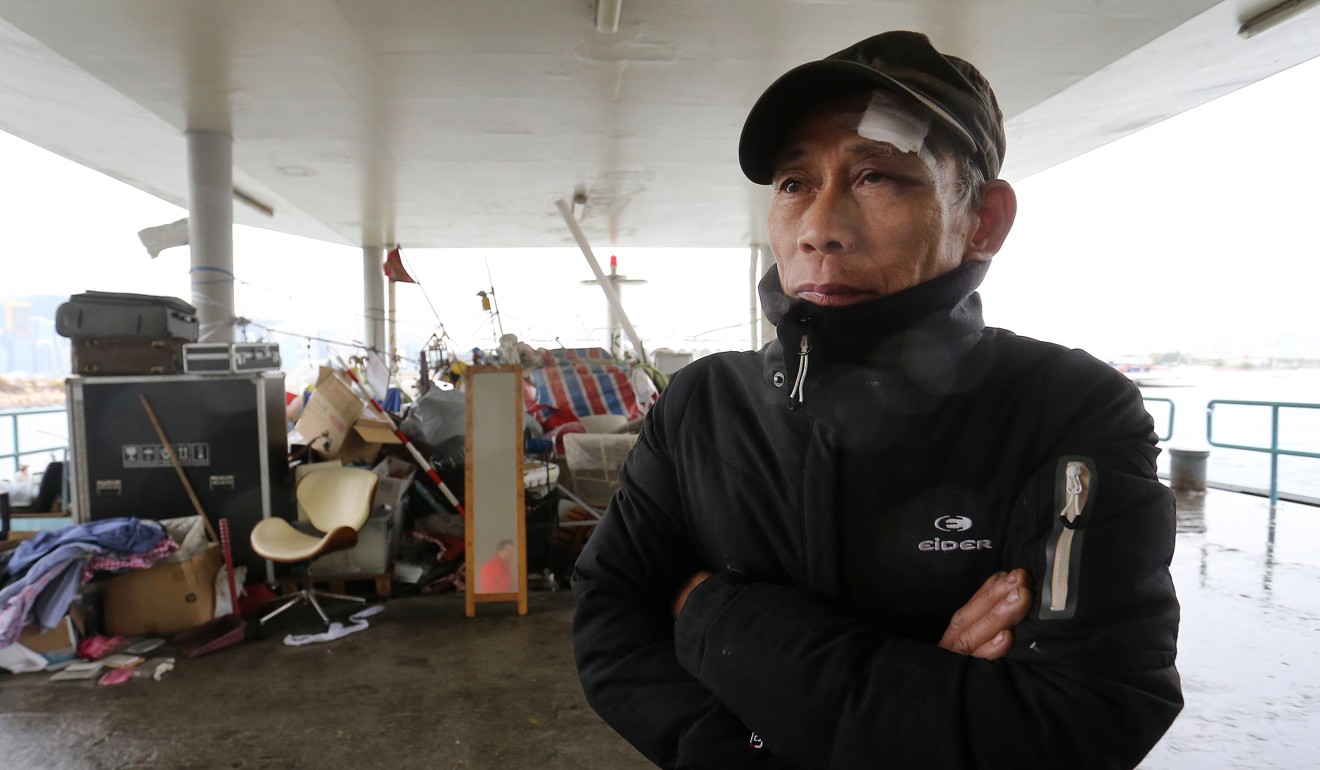Advertisement
Advertisement

Budget surplus can help free our elderly poor from financial prison in Hong Kong
Philip Yeung says given Hong Kong’s massive budget surplus and its problem with poverty – and suicide – among the elderly, it should loosen its requirements for supporting their living arrangements
It is budget time. In what has become an annual ritual, the financial secretary has urged the public to give him ideas for a good financial plan of action. And, Paul Chan Mo-po is right: this year, more than ever, he can afford to be bold and creative. According to projections by professional accountants, Hong Kong won’t have to worry about running a deficit for the next 15 years – or perhaps ever – with this year’s surplus alone just shy of HK$160 billion. Our fiscal reserves have ballooned to more than HK$1.7 trillion, a figure any finance minister would kill for. But will he bring down yet another “rainy day” budget that defers doing the right thing?
Our coffers are overflowing, but the elderly poor receive only crumbs. The government continues to play Scrooge, handing out so-called “fruit money” to those aged 70 or over. At just HK$1,290, the allowance is fruit for the birds. To qualify, our old folk have to jump through hoops. Applicants need to have resided in Hong Kong for seven years, which is reasonable. But they cannot have been out of the SAR for more than 56 days in the year preceding the application, which is not. Further, they must continue to live in the city while receiving the benefit, which is a hardship. These harsh conditions explain why only 246,346 receive this benefit out of an eligible elderly population of 804,000. If you are poor, you don’t get to choose where you live.
The fruit money scheme is thus a statistical failure, failing to reach most of those who need it. One in three of our elderly live below the poverty line. Their suicide rate is among the highest in the world, with depression a major cause of them taking their own lives. Financial pressures drive many to an early grave.

Strengthen social relationships to help combat high elderly suicide rate
Unable to afford a subdivided roof over their heads, many elderly poor opt to resettle on the mainland, where accommodation is far more affordable. But the same harsh residence requirement imposed on those aged between 65 and 69, under the so-called Guangdong Scheme, has kept the number of recipients to a pathetic 16,149. These rules seem designed to keep people out rather than draw them in.
Did officials pick the 56-day limit out of a hat? How did they arrive at it? Does it mean recipients are allowed to leave Hong Kong one day for each of the 52 weeks plus four days during the Lunar New Year? The whole concept is wrong. It is the product of a twisted bureaucratic mind.

Think outside the box to provide care for the elderly
Why can’t Hong Kong take a page from Canada’s book? It doesn’t concern itself with an applicant’s current or future residence. The Canada Pension Plan benefits, for example, are portable anywhere in the world, as long as you have been in the tax system before. Its supplemental benefit, called Old Age Security, is also portable, if one has resided in Canada for 20 years or more after turning 18. As a criterion for recipients, past tax status is more logical than current or future residence, because it doesn’t dictate where they live. Why keep people prisoners in an expensive city against their will? A good government doesn’t do that.
Confining applicants physically to Hong Kong runs counter to the government’s plan of promoting the economic integration of the Greater Bay Area, which includes Macau, and cities in Guangdong, allowing recipients to live where housing is cheaper, including cohabiting with relatives. It also fails to reap the benefits of “one country, two systems”. Hong Kong is a renter’s hell. HK$1,290 is peanuts here, but goes a long way north of the border. If a couple both receive the allowance, they can eke out an existence.
Flexible elderly-friendly designs must be future for Hong Kong’s public sector flats, Housing Society chief says
Just look at foreign domestic helpers. By the tens of thousands they are taking advantage of the huge gap in the cost of living between Hong Kong and their countries of origin. Wages saved are enough to buy a farm or start a business when they return home. Some even hire their own maids. Why deny our elderly poor the same advantage? What kind of society lets foreign maids have a future but gives their former employers none? Relocating recipients to the new livelihood circle would ease the pressure on housing supply, a nut the government has failed to crack. Why not kill two birds with one stone?
Chan’s predecessor had an annoying habit of soliciting, then ignoring, taxpayer suggestions for a better budget wholesale. That public consultation was no more than an empty public relations exercise. Will Chan breathe through the same nostrils? Or will he put his money where his mouth is in this year of plenty?
Philip Yeung is a Hong Kong-based writer. [email protected]
This article appeared in the South China Morning Post print edition as: Budget surplus can free elderly from financial prison

Post
